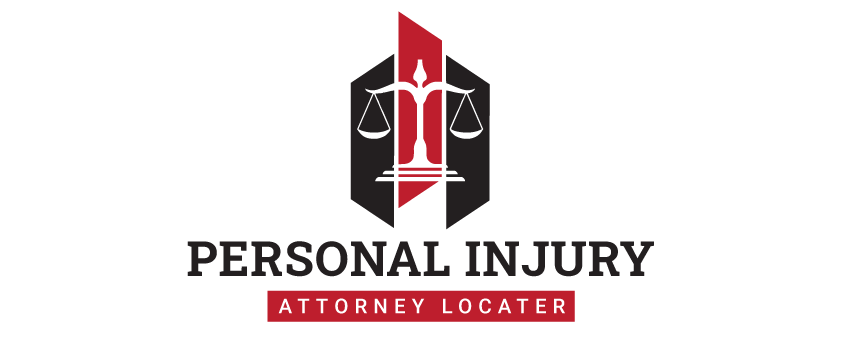How to Choose a Personal Injury Lawyer
0Personal injury attorneys assist victims when they have been injured due to someone else’s negligence or wrongdoing, acting both civilly and tort law. This area of practice encompasses negligence as well as tort law.
These attorneys can assist in filing and winning your claim, working alongside medical experts who will provide records and testimony at trial.
Reputation
Reputation of Personal Injury Lawyers should always be taken into consideration, with online reviews often providing ample insight into a firm or attorney. If the firm or individual in question have an unfavorable rep, they should likely be avoided altogether.
Experienced injury attorneys take great care in listening carefully to the details of your accident, injuries and losses sustained as a result, recovery needs and any future plans you may have. Once they know everything they can use their knowledge and resources to craft a strong legal argument on your behalf.
An effective personal injury attorney must have an excellent working relationship with insurance companies and an established track record in successfully handling them. Furthermore, an attorney might specialize in one area of personal injury law such as car accidents or medical malpractice suits to form good working relationships quickly with insurers and quickly settle your claim. They will have access to experts from various fields like accident reconstruction specialists and medical experts as support in your case.
Experience
At your initial consultation, be sure to ask any potential lawyers how many years of practice, what percentage is personal injury law and if they regularly go to trial cases; otherwise they may not be able to adequately represent you should your case require this option.
An experienced Personal Injury Attorney knows how to navigate the legal process, from depositions and trial preparation through deliberations and settlement. They will also give an accurate assessment of your claim’s worth so you can decide whether it is worthwhile pursuing.
A top personal injury lawyer will be able to refer medical experts who will not only treat your injuries but can also serve as expert witnesses at trial. They know the laws in your state regarding damages compensation as well as what should be awarded as general, special and punitive compensation in terms of general, special and punitive compensation.
Knowledge of the Law
Personal injury laws allow those injured by another’s negligence or intentional wrongdoing to recover compensation for losses and become “whole.” For example, New York allows injured parties to make claims against doctors in medical malpractice lawsuits when their failure to diagnose illness properly causes injury; punitive damages may even be awarded as punishment against these defendants.
Many laws today are derived from old common law rules; however, legislatures have passed statutes (laws) which cover personal injury issues as well.
Experienced lawyers can review the law and identify all parties that could be held liable for your injuries. For instance, if a health condition caused by an accident kept you from working for an extended period, compensation can be sought against those liable. Furthermore, attorneys can negotiate on your behalf with insurance companies on your behalf; thus relieving you of stress while increasing the chance of receiving an appropriate settlement amount.
Reliability
Trust is key when hiring a personal injury attorney; they will listen carefully to your version of events and ask pertinent questions in order to clear up any ambiguities or unclarity. In addition, they can assist in documenting the incident through reviewing photos/video/evidence, interviewing witnesses, obtaining medical records etc.
Personal injury attorneys typically conduct a liability analysis as part of their discovery process, reviewing statutes, case law and legal precedent to form an unbiased basis for filing suit against those responsible.
To successfully file a personal injury claim, it’s essential that you demonstrate actual causation by showing how it was the defendant’s actions or inactions that caused your injuries – known as actual causation. Furthermore, damages must have been reasonably foreseeable – an area known as proximate cause in law. Proving actual causation requires years of experience and knowledge; many personal injury claims settle before ever going to trial.

